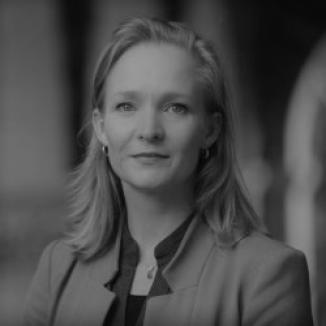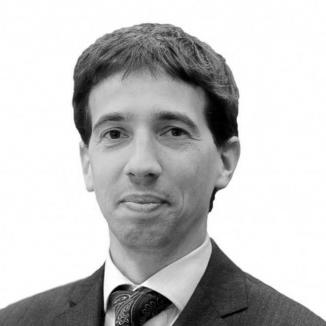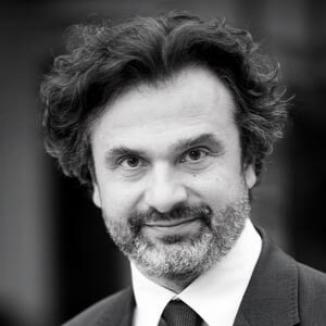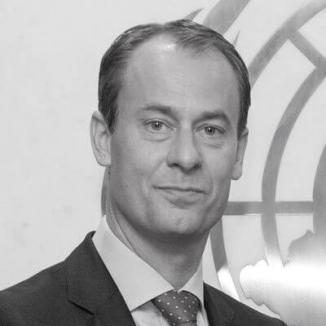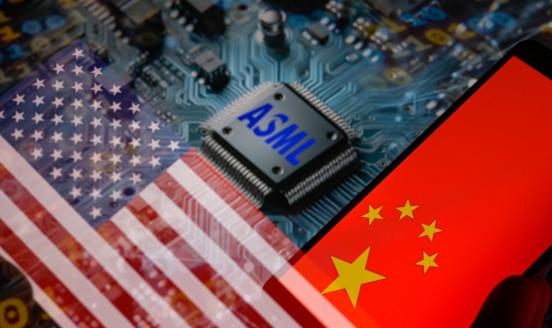Rethinking industrial policy in the digital age: challenges for Europe
All-day conference about how the European policy-making will have to adapt to the digital transformation.
Speakers
Reinhilde Veugelers
Senior fellow
Georg Zachmann
Senior fellow
Tony Graziano
Vice-President of the European Public Affairs and Communications Office, Huawei,
Megan Richards
Former Director for Energy Policy, DG ENER, EU Commission,
Thomas Kramler
Antitrust: E-commerce and Data Economy, European Commission, DG COMP,
Marietje Schaake
International policy director of the Cyber Policy Center, Stanford University
Jan Mischke
Partner, McKinsey & Company
Mathew Heim
Visiting Fellow,
Philipp-Bastian Brutscher
Economist at European Investment Bank,
Maarten Camps
Secretary General at the Dutch Ministry of Economic Affairs and Climate Policy,
Teunis Brosens
Senior Economist at ING,
Andreas Geiss
Head of Unit for Spectrum Policy in DG CONNECT of the European Commission,
Philip Marsden
Senior Director for Case Decision Groups, Competition and Markets Authority (CMA), United Kingdom; Professor, College of Europe, Bruges,
Timothy Lamb
Associate General Counsel for Competition, Facebook,
Padmashree Gehl Sampath
Berkman Klein Fellow, Harvard University,
Robert Kroplewski
Plenipotentiary of the Minister of Digitization for the Information Society, Ministry of Digital Affairs, Poland,
Joakim Reiter
Group External Affairs Director, Vodafone
Valentino Rossi
Head of Public Affairs, Regulation and Antitrust for Europe and Euro-Mediterranean Affairs, ENEL,
Lise Fuhr
Director General, European Telecommunications Network Operators' Association (ETNO),
Thorsten Käseberg
Head of Unit, Competition and consumer policy, general competition issues of digitalisation, Federal Ministry for Economic Affairs and Energy, Germany,
VIDEO & AUDIO RECORDINGS
At this high-profile conference we looked at the digital transformation and the disruption it may cause in various fields. Consisting of four panels, the event provided a platform to look at 4 different aspects of the digital age: industrial policy, competition policy, Internet of things, and sustainability.
summary
This day-long event included 4 panel discussions and a lunchtime keynote address. The topics ranged from industrial policy and competition policy to the advent of 5G in Europe and sustainability issues in the digital transition.
The first panel focused on the potential of developing a coordinated industrial policy in Europe. Europe is currently behind the United States and China in terms of R&D innovation in digital technology advancement. As a result, there has been much discussion on whether or not the EU is in need of an industrial policy that would promote growth in the digital sector. The panelists were of differing opinions in answering this question. The panelists who insisted that the EU needs such a strategy cited issues of scale, namely that larger digital firms tend to be more powerful in a global market because of their access to data that other firms do not possess. Others stated that Europe is not in need of a coordinated industrial policy that may tend to prop up larger firms while hindering innovation from smaller start-ups. Others took a position that brought together compelling points from both sides, stating that Europe would benefit from a coordinated industrial policy that would increase competitiveness with the US and China in the digital sphere but that steps must be taken to ensure that smaller firms can still compete fairly. In order to achieve this, the EU should engage in sharing of data with all firms (to prevent the largest firms from having an accumulated advantage from data possession) and should seek to level the international playing field by seeking to strengthen WTO enforcement of unfair competition laws.
The second panel focused on competition policy in the digital age, with some panelists stating that Europe needs stricter enforcement of antitrust policies while others stated that this was not necessary. Several panelists explained that antitrust policy could be used to force European firms to share data. There was also a push for joint-international ventures between firms as a means to help Europe be internationally competitive yet still adhere to strong competition policy. The panelists discussed how in Europe there is a demand not necessarily for a better competition policy but rather for faster implementation of current policies. A panelist from Facebook, however, explained that sometimes competition policy enforcement does not benefit the consumers. Rather, when larger companies buy up start-ups, they often times provide them with the resources (both technical and monetary) that they need in order to succeed in bringing their services to consumers. Without Facebook, the panelist noted, instagram would never have become what it is today.
The lunchtime keynote address focused primarily on the importance of creating a special ecosystem for the sharing of data. The speakers emphasized that “data is like air” and that the data of big companies is really a public good. For Europe to be globally competitive in the digital sphere, there is a need for privacy rights and data sharing as these will make competition possible. In the tech world, without good data, even the giants fall into an innovation deficit. Europe can be globally competitive & adhere to competition policy by sharing such data and allowing for potentially powerful start-ups to take root in European soil.
The afternoon sessions focused on Europe’s 5G capacity and digital sustainability. There was a lot of talk on how the EU is preparing for the implementation of a 5G network and how many member states are contributing to this preparation to such an extent that by 2020 most if not all European states will be participating in 5G networks. With this transformation comes issues, of course, one of which is the potential digital divide that could lead to inequalities if urban areas have 5G while rural areas do not. There are also issues of trust and security, to which panelists from Huawei and the European Parliament responded by explaining that 5G is in many ways better than 4G when it comes to security issues. In the sustainability session, the major focus was on how the digital transformation does indeed create “new” waste (as in more phones disposed of, etc.) but also has the potential to dramatically reduce the human waste footprint. Through increased use of electricity and data, costs associated with energy will decrease while emissions will decrease, creating a win-win scenario. The panelists emphasized the importance of stimulating investment in these areas so that this positive reality can come about.
Notes by Davis Cousar







